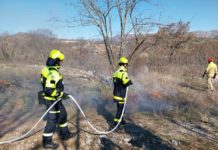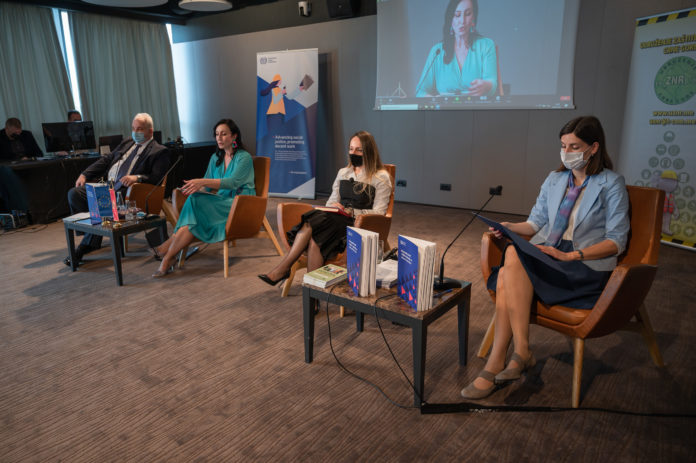Podgorica, (MINA) – Collecting and analysing information on occupational injuries and diseases is the weakest aspect of the occupational safety and health system, it was noted at a presentation of Montenegro’s National Profile on Occupational Safety and Health.
The document was presented on the occasion of 28 April, the Wold Day for Safety and Health at Work, under the auspices of the International Labour Organisation (ILO), with the support of the Ministry of Economic Development and in cooperation with the Association for Safety at Work.
The National Profile provides the most up to date information about the situation in this area in Montenegro and is used as a diagnostic tool for assessment of weaknesses in the national system of occupational safety and health, as well as for identification of priority actions in this area.
ILO-s expert Petar Bulat presented the key findings of the document and the weaknesses identified in the national OSH system.
“Collection and analysis of information on occupational injuries and diseases is perhaps the weakest part of the OSH system in Montenegro,” Bulat said, adding that there is no designated institution that could establish a professional disease, nor was there a form for reporting such condition.
He also noted that Montenegro was lacking funds to stimulate research in this area. “It would be most welcome for the Ministry for Economic Development to plan in its budget at least minimum funds in order to kick-start research in this area,” Bulat said.
State Secretary at the Ministry for Economic Development Milena Lipovina Bojovic underlined that, as part of EU accession talks under chapter 16, which includes the issues of social policy and employment, the government committed to align with the EU acquis in this area and to ensure its effective implementation.
“The EU acquis in the area of occupational safety and health largely comprises the conventions of the International Labour Organisation, which refer to safety and health and work and competent inspection services,” Lipovina Bozovic said.
According to her, development of the National Profile, as the first document of its kind ever drafted in Montenegro, represents an invaluable groundwork for addressing many of the currently open issues in the area of labour, employment and social policy.
ILO National Coordinator Nina Krgovic noted that the Decent Work Country Programme for Montenegro, as ILO’s key national planning document for the period 2019-2021, was signed on 8 March 2019.
“The Programme, in one of its three priorities, calls for the alignment of the national, legal and institutional framework with the international labour standards and the EU acquis,” said Krgovic.























